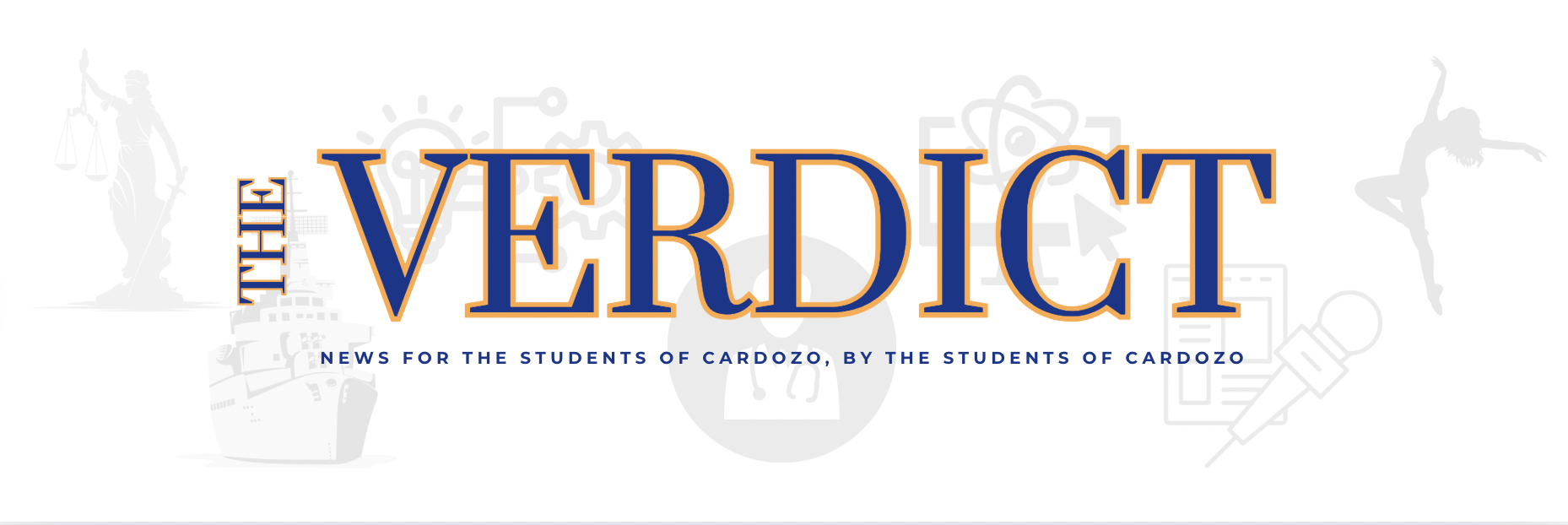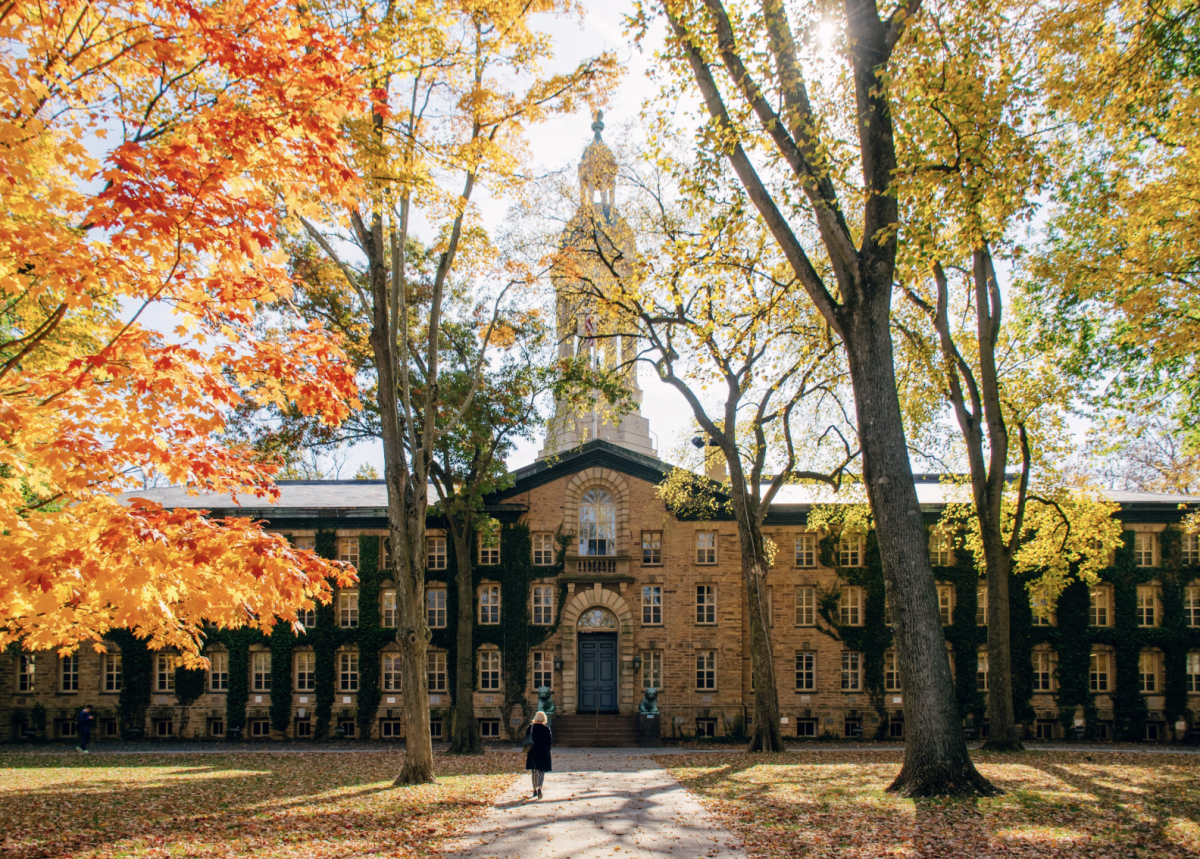Over the course of the past few weeks, the White House has frozen billions of dollars in federal funding for numerous universities. This includes Cornell, the University of Pennsylvania, Northwestern, Brown, Princeton, Columbia and Harvard.
The total government funding for universities is roughly $247 million, as recorded by IBIS World. Colleges began receiving money from the government around the time period of World War I, helping the war effort by putting money towards innovation, medical research, and student financial aid. As time passed, universities began relying on this funding more and more.
The New York Times shared that Harvard in particular receives $9 billion, $2 billion used for research grants and $7 billion for the 11 Harvard affiliated hospitals. $2.3 billion have been frozen in funds by the government. $1 billion at Cornell University and $510 million at Brown University
The freezes amongst the nation’s top universities pose threats to critical research for medical and scientific advancement. A large portion of federal donations are used for research grants and to fund the affiliated hospitals. It could also lead to faculty layoffs, as well as a possible decline in the offered education.
These freezes are the result of discrimination investigations, citing antisemitism on campus as the reason for the cuts to several universities. The targeted schools are some of the country’s top institutions and home to many Palestinian student protestors. President Trump has defended these cuts, claiming these universities have failed to protect their Jewish students during the campus protests. These funding freezes are regarded as an attempt to pressure higher education schools into leaving behind equity, diversity, and inclusion initiatives — as well as a move towards student protestors.
On April 21st, Harvard University filed a lawsuit against the Trump administration in response. The aforementioned suit argues that the, “Attempt to coerce and control Harvard disregards … fundamental First Amendment principles.”
This was quickly addressed by White House Press Secretary Karoline Leavitt, who stated, “The president has made it quite clear that it’s Harvard who has put themselves in the position to lose their own funding by not obeying federal law, and we expect all colleges and universities who are receiving taxpayer funds to abide by federal law.”
A joint statement was released by over 200 American universities a day later, such as Princetown, Brown, Columbia, the University of Hawaii and more. This letter called out, “the unprecedented government overreach and political interference now endangering American higher education.”
The federal freezing of funding does impact students lives, as well. With many universities receiving theses funding cuts, they are opting to take action in order to distribute their money they have now in a way that can best suit their needs. However, this does not always suit the needs of students who currently attend, and students who are incoming.
Many universities have discussed having to cut programs entirely, with some anticipating that they will not have the funding to support the departments. In addition, there can be layoffs, as well as hiring freezes for departments that are receiving the most cuts from the federal government.
These actions will most likely impact students who are looking into colleges for their futures. If students know that the universities are receiving less money, they may be less inclined to attend, with the fear that the government may choose to defund their programs.
It is currently unclear what will happen going forward, as the current administration continues onward, cutting funding for American schools.


